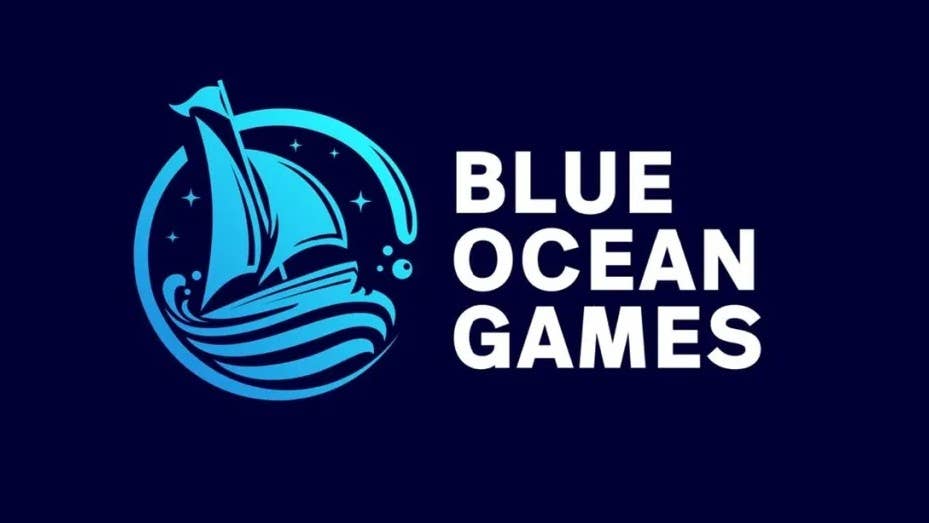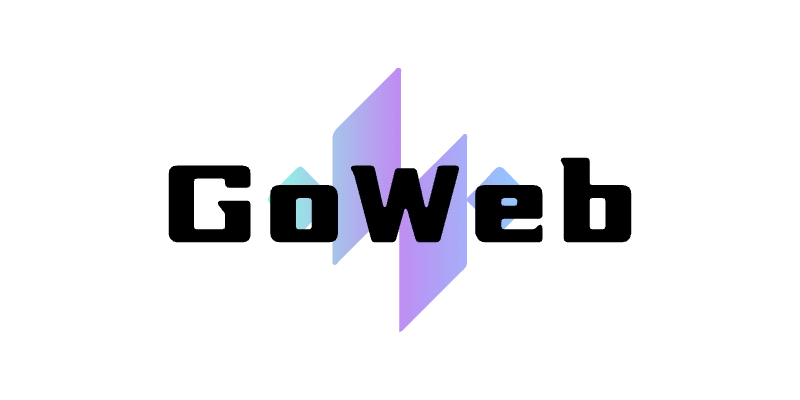Unlocking Success: The Power of Reflective Learning in Online Education
Title: Embracing Reflective Learning in Online Education: Unlocking a World of Benefits In the dynamic realm of e-learning, many pedagogical strategies have emerged that promise to enhance the educational journeys of millions. One of the most empowering strategies is reflective learning. This cognitive approach encourages learners to take the initiative in their own learning process, investing thought into their learnings, delving deeper into their understanding, and actively revisiting and integrating their lessons into their cognitive map. This blog post taps into the benefits of integrating reflective learning into online education, shedding light on why this methodology can augment students' e-learning experience. Primarily, reflective learning fosters independent thought and autonomy. Unlike traditional passive learning methodologies, it espouses an active approach, prompting learners to think consciously about what they are learning. Keeping a reflective learning journal or creating a mind map can help elucidate their understanding of concepts, formulate questions, devise connections between different topics, and discern areas that require more focus. As a result, learners become more autonomous, transforming into self-directed individuals who take charge of their cognitive growth. Underlining this benefit is the way reflective learning develops critical thinking and problem-solving skills. Unraveling and synthesizing information, identifying patterns, and discerning inconsistencies or errors are paramount abilities in the problem-solving process. Reflective learning encourages these cognitive functions. By thoroughly examining their lessons, learners actively probe and decipher the essence of content, enhancing their analytical skills and reinforcing their problem-solving capabilities. Moreover, such approaches can also translate beyond academics, instilling critical thinking skills that are pivotal in both personal and professional life. Thirdly, reflective learning paves the way for a deeper understanding of topics. Instead of faintly memorizing facts and figures, learners actively delve into the deeper meanings and wider implications of what they study. This approach facilitates an in-depth exploration of the subject matter, rather than a superficial scan. As a result, retainment of information is significantly amplified. Long after the coursework is completed, learners who employ reflective learning continue to remember and leverage the knowledge they accumulated. One other significant benefit is that reflective learning is incredibly egalitarian and individual-focused, making online education more inclusive. Since it requires learners to engage with the curriculum at their own pace, it appreciates the unique learning curves, preferences, and challenges of each student. For instance, certain online platforms incorporate reflection spaces where students can review their learning and receive personalized feedback, making e-learning increasingly learner-centric. Lastly, reflective learning nurtures resilience and endurance. Often, it requires multiple attempts to comprehend certain topics, fostering a persistence that’s vital in the face of academic and life challenges. More so, it is through these reflective practices that learners rise above simple comprehension to a metalinguistic level of understanding, wherein they are conscious about their cognitive processes, successes, and failures. This fuels both continuous learning and personal growth. In conclusion, imbibing reflective learning into the core of online education is a game-changer. The benefits of this method excel not just in improving comprehension and enhancing educational outcomes, but also in nurturing skills and characteristics that can be applied well beyond academic perimeters. For e-learning platforms seeking to offer the most enriching educational experiences, harnessing the power of reflective learning could be a catalyst for unprecedented learner empowerment, revolutionizing online education.
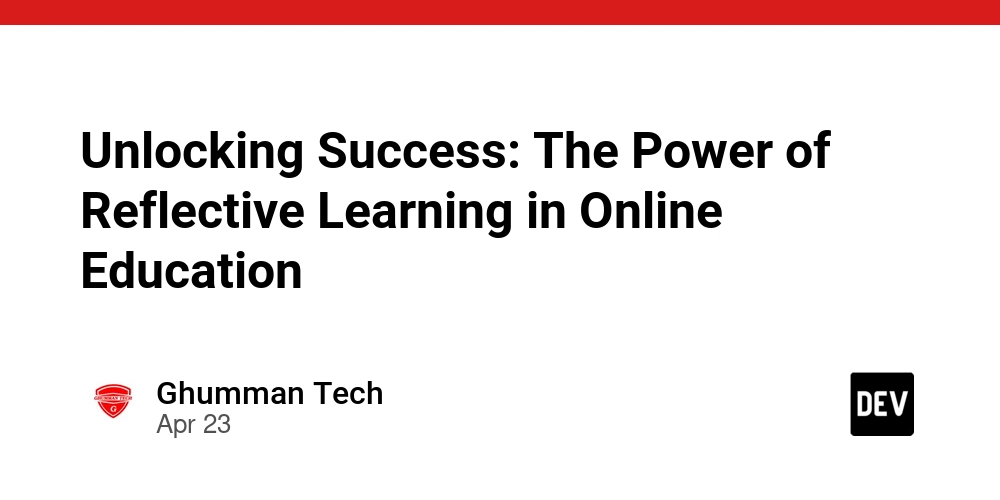
Title: Embracing Reflective Learning in Online Education: Unlocking a World of Benefits
In the dynamic realm of e-learning, many pedagogical strategies have emerged that promise to enhance the educational journeys of millions. One of the most empowering strategies is reflective learning. This cognitive approach encourages learners to take the initiative in their own learning process, investing thought into their learnings, delving deeper into their understanding, and actively revisiting and integrating their lessons into their cognitive map. This blog post taps into the benefits of integrating reflective learning into online education, shedding light on why this methodology can augment students' e-learning experience.
Primarily, reflective learning fosters independent thought and autonomy. Unlike traditional passive learning methodologies, it espouses an active approach, prompting learners to think consciously about what they are learning. Keeping a reflective learning journal or creating a mind map can help elucidate their understanding of concepts, formulate questions, devise connections between different topics, and discern areas that require more focus. As a result, learners become more autonomous, transforming into self-directed individuals who take charge of their cognitive growth.
Underlining this benefit is the way reflective learning develops critical thinking and problem-solving skills. Unraveling and synthesizing information, identifying patterns, and discerning inconsistencies or errors are paramount abilities in the problem-solving process. Reflective learning encourages these cognitive functions. By thoroughly examining their lessons, learners actively probe and decipher the essence of content, enhancing their analytical skills and reinforcing their problem-solving capabilities. Moreover, such approaches can also translate beyond academics, instilling critical thinking skills that are pivotal in both personal and professional life.
Thirdly, reflective learning paves the way for a deeper understanding of topics. Instead of faintly memorizing facts and figures, learners actively delve into the deeper meanings and wider implications of what they study. This approach facilitates an in-depth exploration of the subject matter, rather than a superficial scan. As a result, retainment of information is significantly amplified. Long after the coursework is completed, learners who employ reflective learning continue to remember and leverage the knowledge they accumulated.
One other significant benefit is that reflective learning is incredibly egalitarian and individual-focused, making online education more inclusive. Since it requires learners to engage with the curriculum at their own pace, it appreciates the unique learning curves, preferences, and challenges of each student. For instance, certain online platforms incorporate reflection spaces where students can review their learning and receive personalized feedback, making e-learning increasingly learner-centric.
Lastly, reflective learning nurtures resilience and endurance. Often, it requires multiple attempts to comprehend certain topics, fostering a persistence that’s vital in the face of academic and life challenges. More so, it is through these reflective practices that learners rise above simple comprehension to a metalinguistic level of understanding, wherein they are conscious about their cognitive processes, successes, and failures. This fuels both continuous learning and personal growth.
In conclusion, imbibing reflective learning into the core of online education is a game-changer. The benefits of this method excel not just in improving comprehension and enhancing educational outcomes, but also in nurturing skills and characteristics that can be applied well beyond academic perimeters. For e-learning platforms seeking to offer the most enriching educational experiences, harnessing the power of reflective learning could be a catalyst for unprecedented learner empowerment, revolutionizing online education.























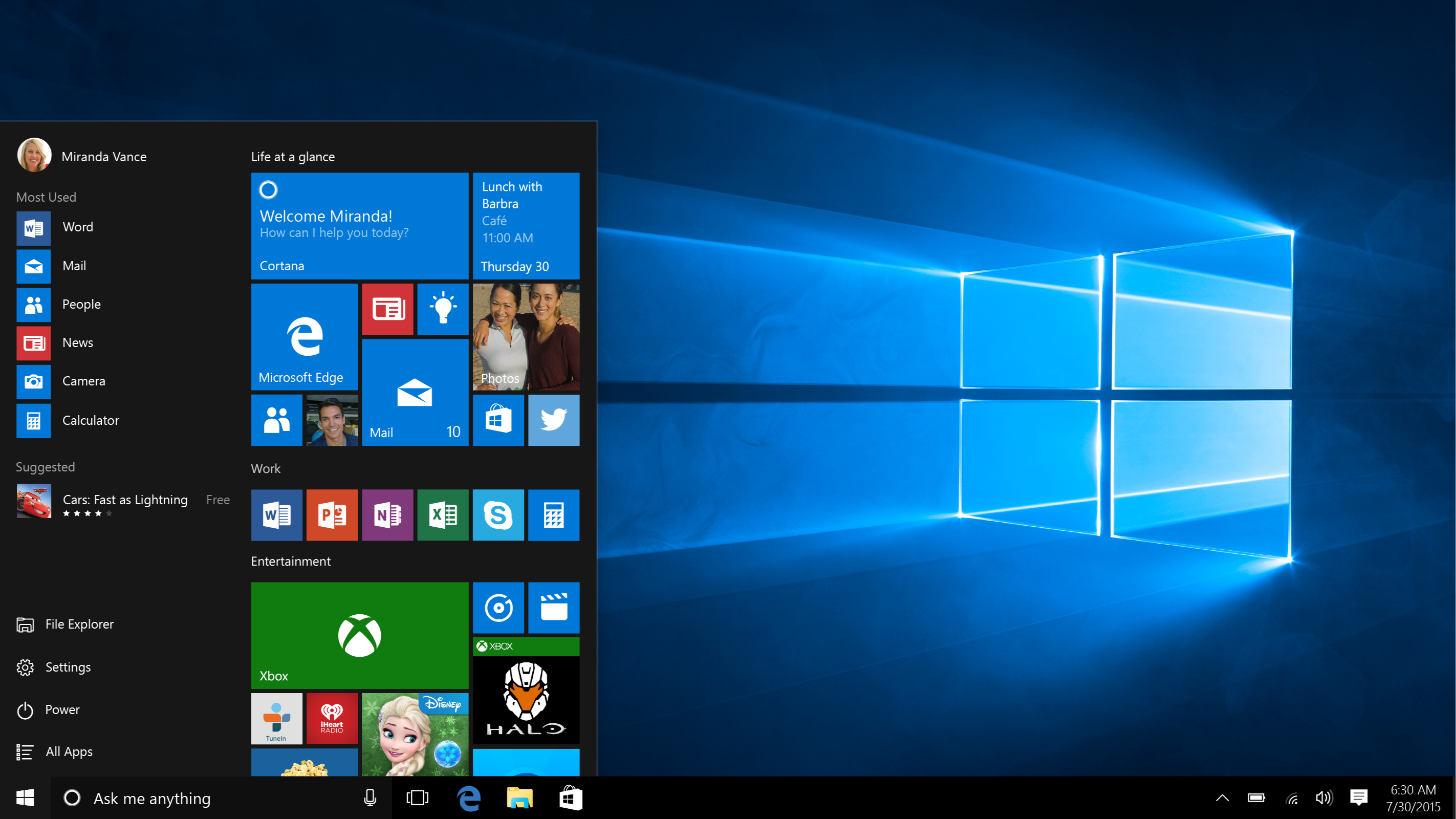





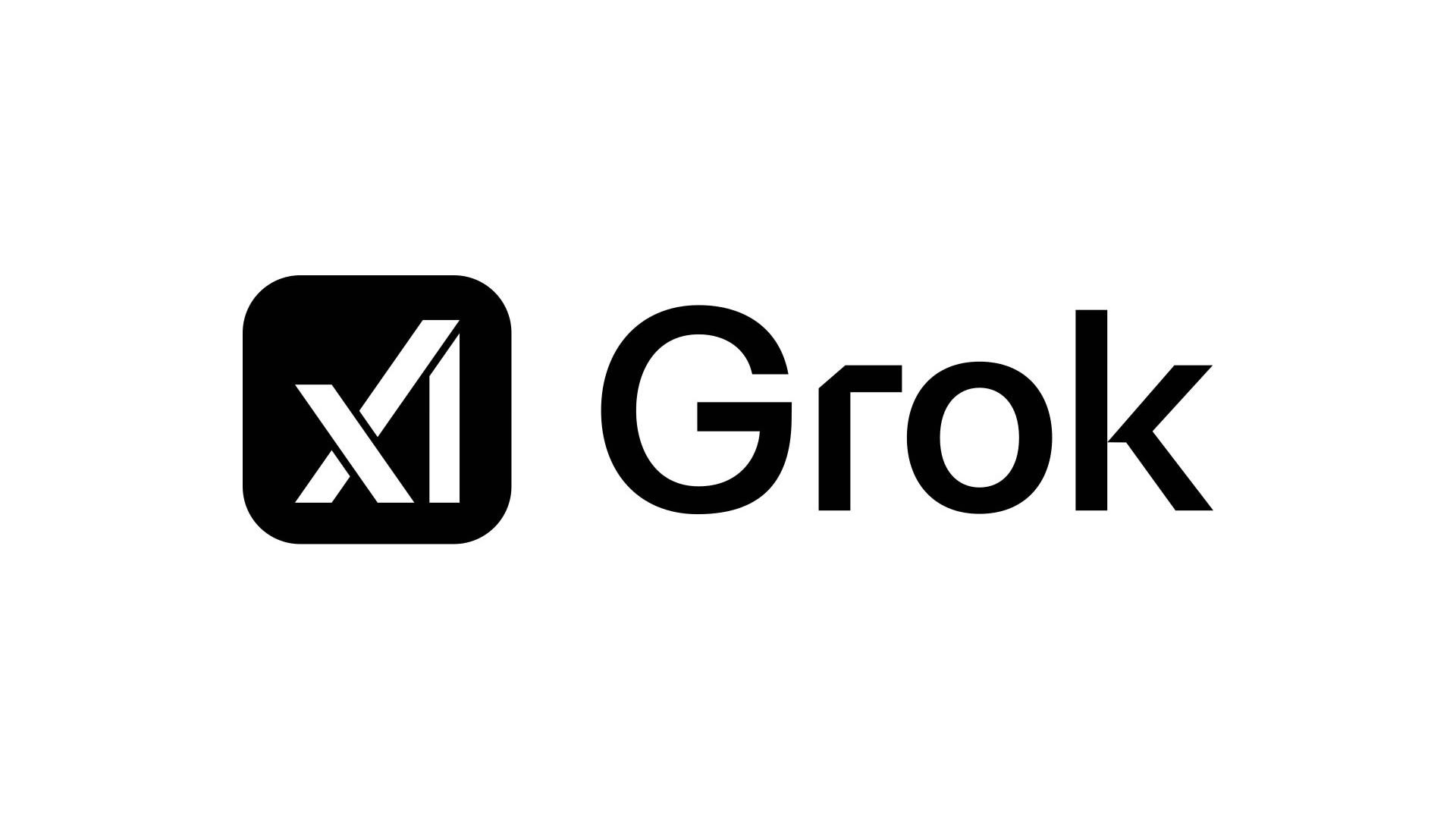













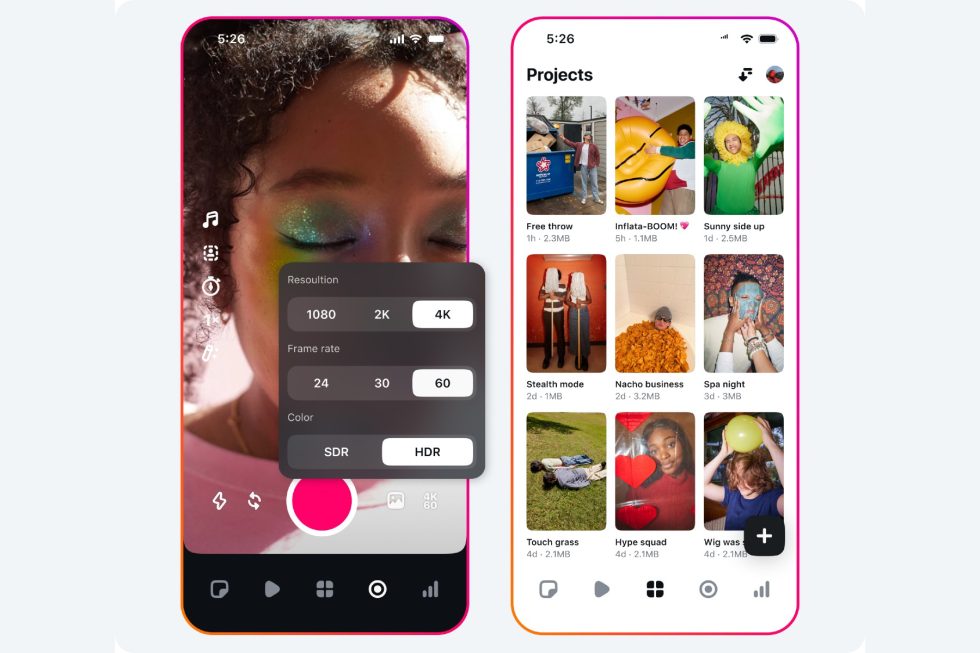






















![Mike Rockwell is Overhauling Siri's Leadership Team [Report]](https://www.iclarified.com/images/news/97096/97096/97096-640.jpg)
![Instagram Releases 'Edits' Video Creation App [Download]](https://www.iclarified.com/images/news/97097/97097/97097-640.jpg)
![Hands-On With 'iPhone 17 Air' Dummy Reveals 'Scary Thin' Design [Video]](https://www.iclarified.com/images/news/97100/97100/97100-640.jpg)
![Inside Netflix's Rebuild of the Amsterdam Apple Store for 'iHostage' [Video]](https://www.iclarified.com/images/news/97095/97095/97095-640.jpg)



























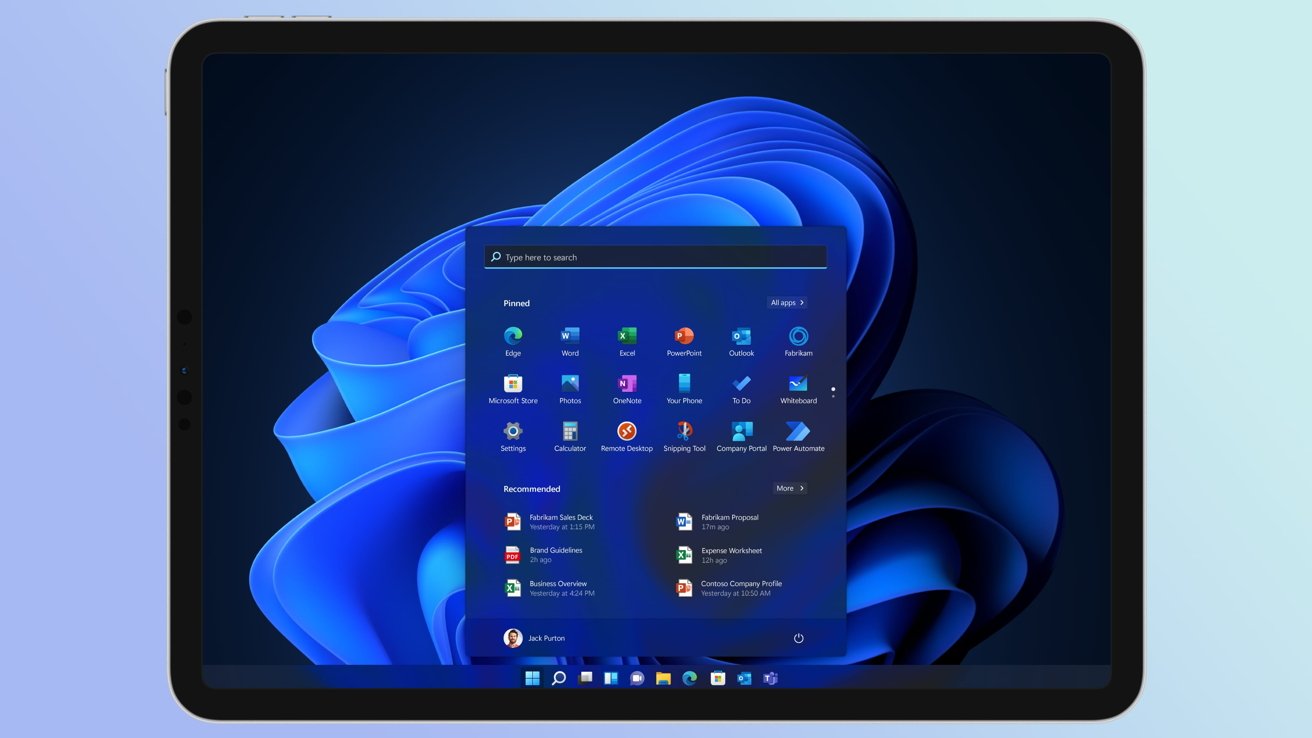













































































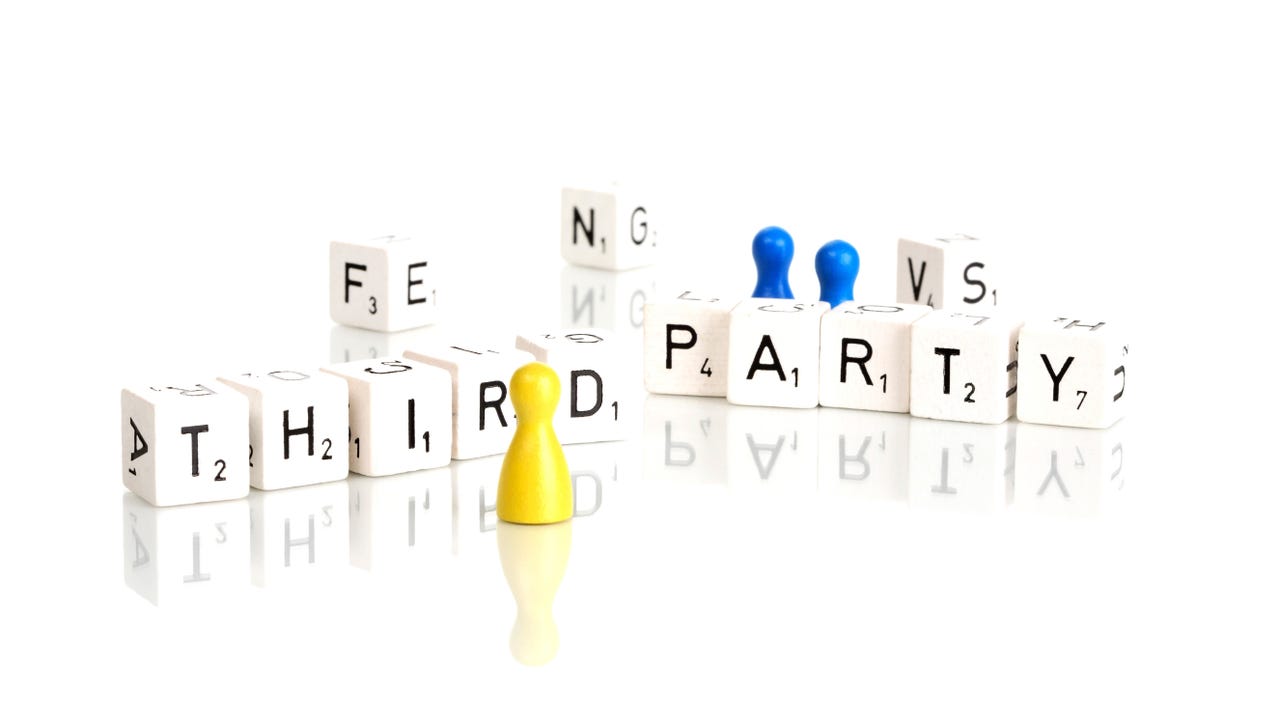






















































































![[The AI Show Episode 144]: ChatGPT’s New Memory, Shopify CEO’s Leaked “AI First” Memo, Google Cloud Next Releases, o3 and o4-mini Coming Soon & Llama 4’s Rocky Launch](https://www.marketingaiinstitute.com/hubfs/ep%20144%20cover.png)

































































































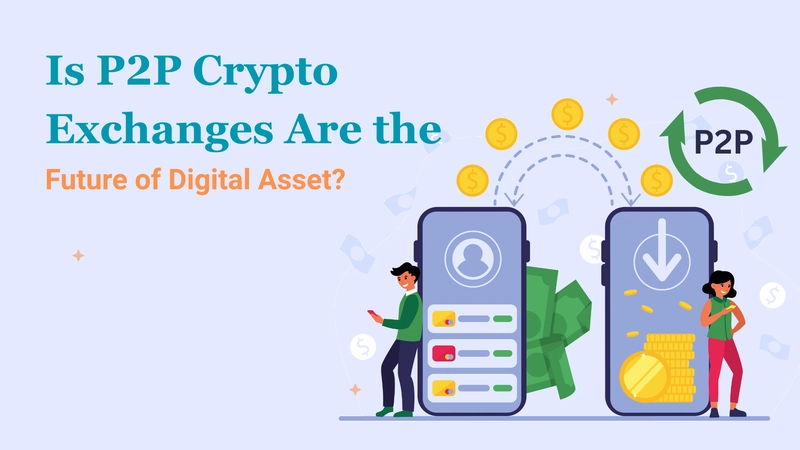





















![BPMN-procesmodellering [closed]](https://i.sstatic.net/l7l8q49F.png)

































.jpg?width=1920&height=1920&fit=bounds&quality=70&format=jpg&auto=webp#)















-Nintendo-Switch-2-–-First-look-trailer-00-01-35.png?width=1920&height=1920&fit=bounds&quality=70&format=jpg&auto=webp#)



